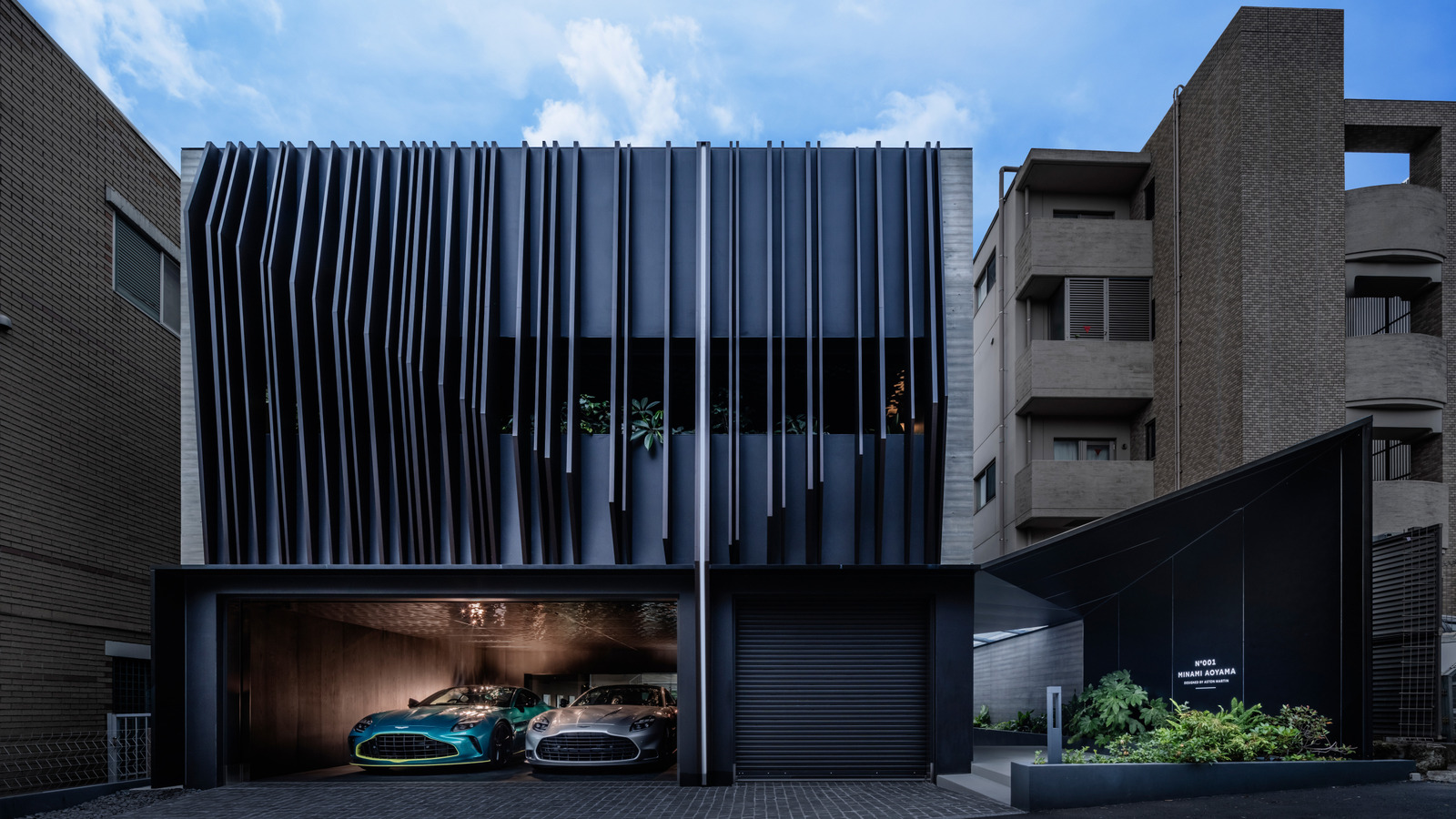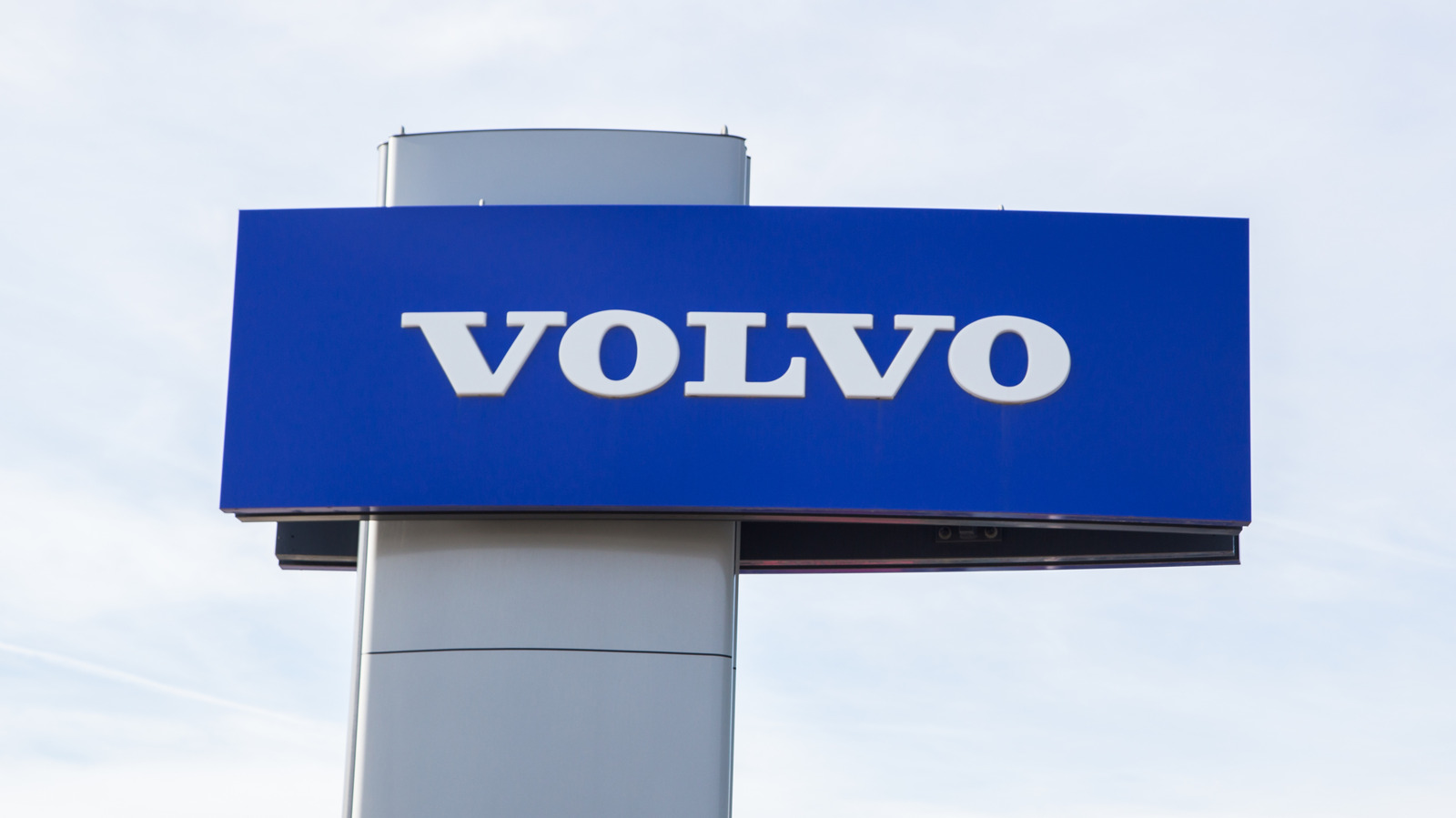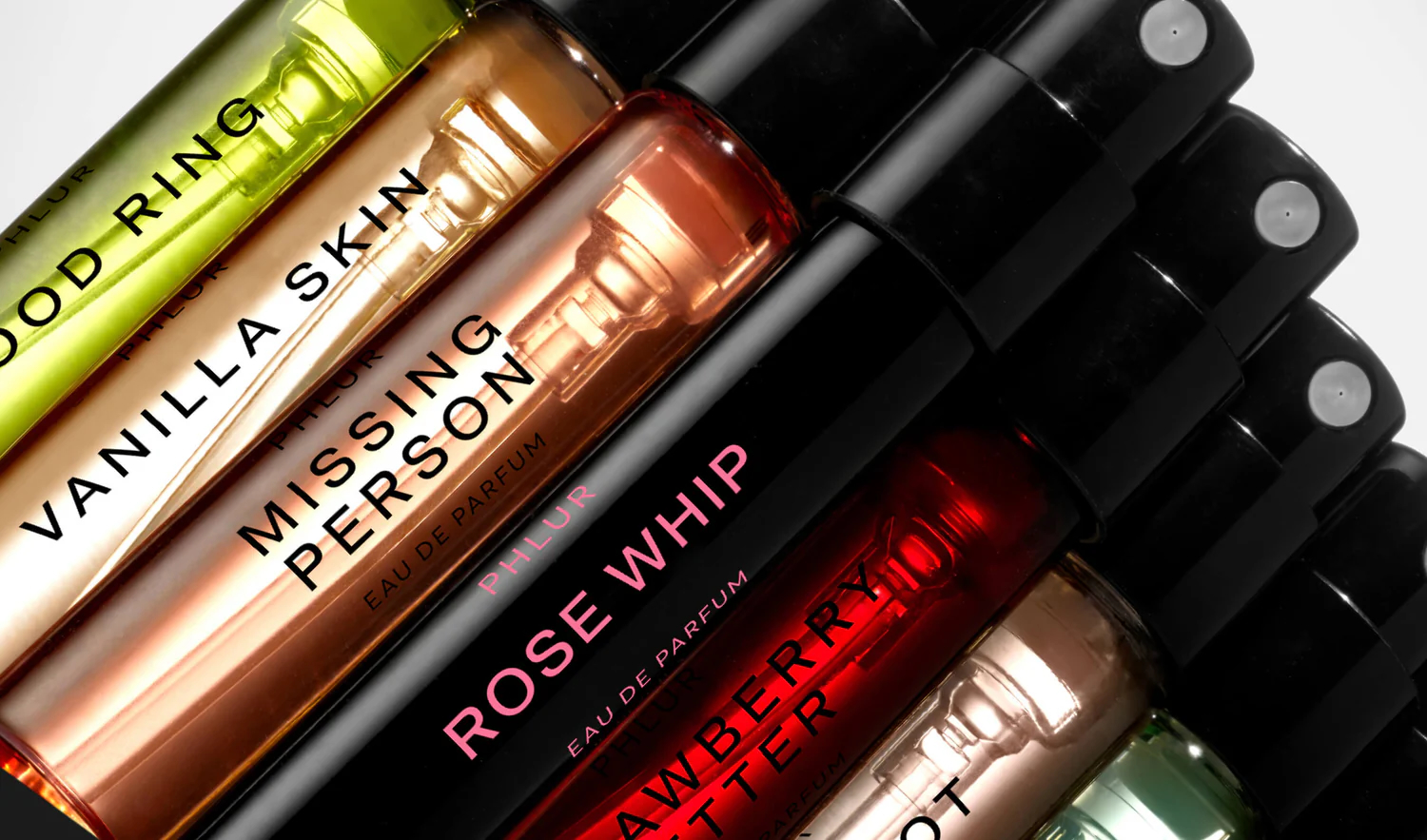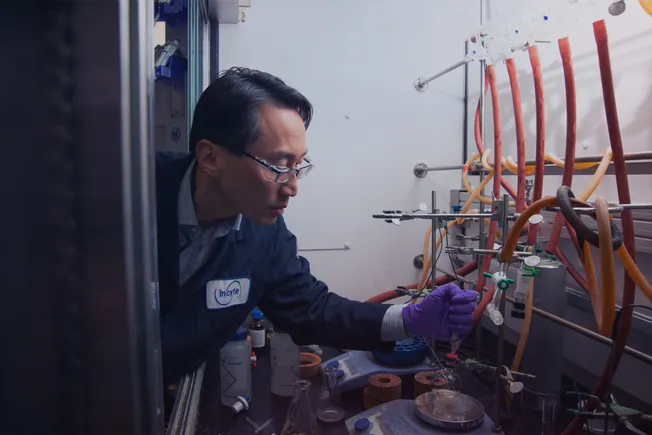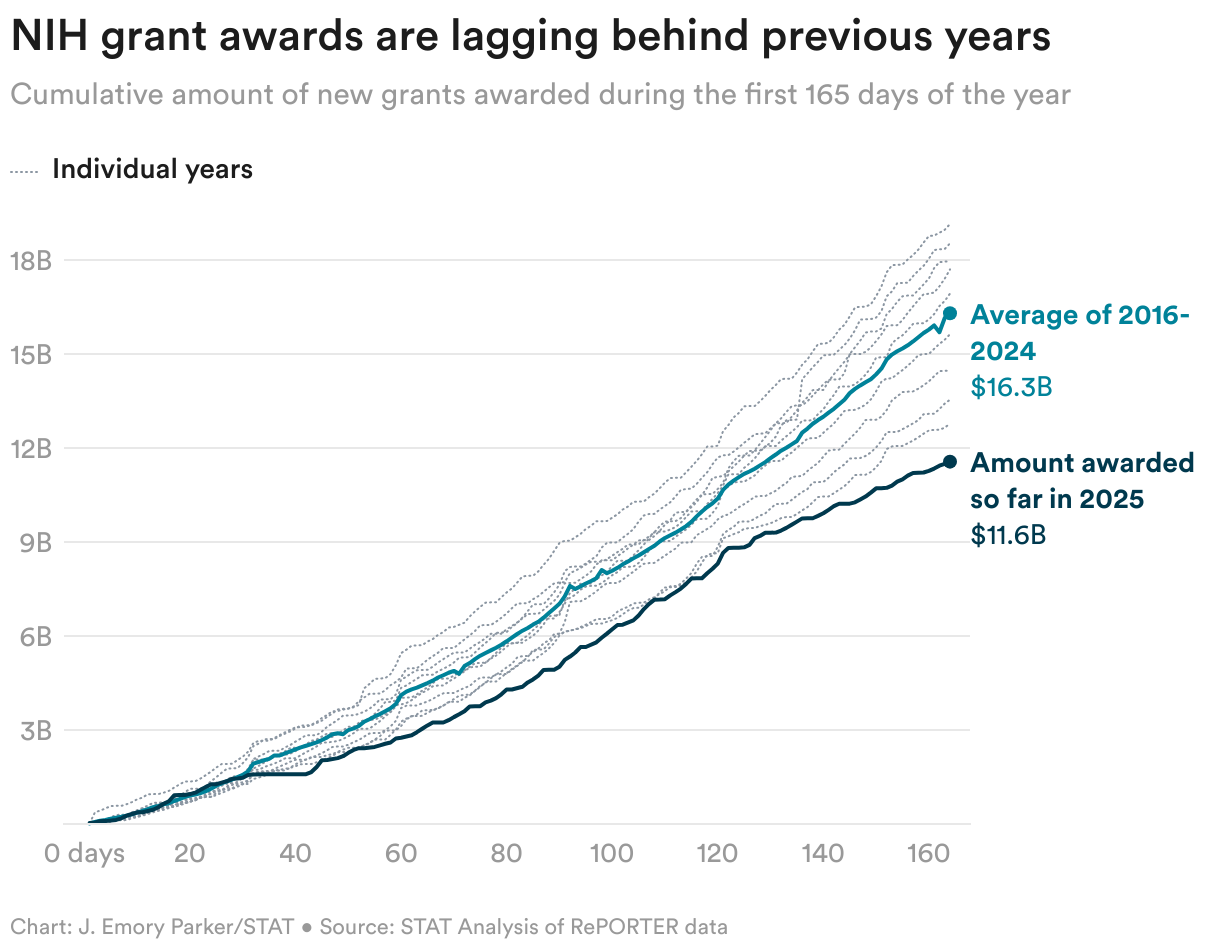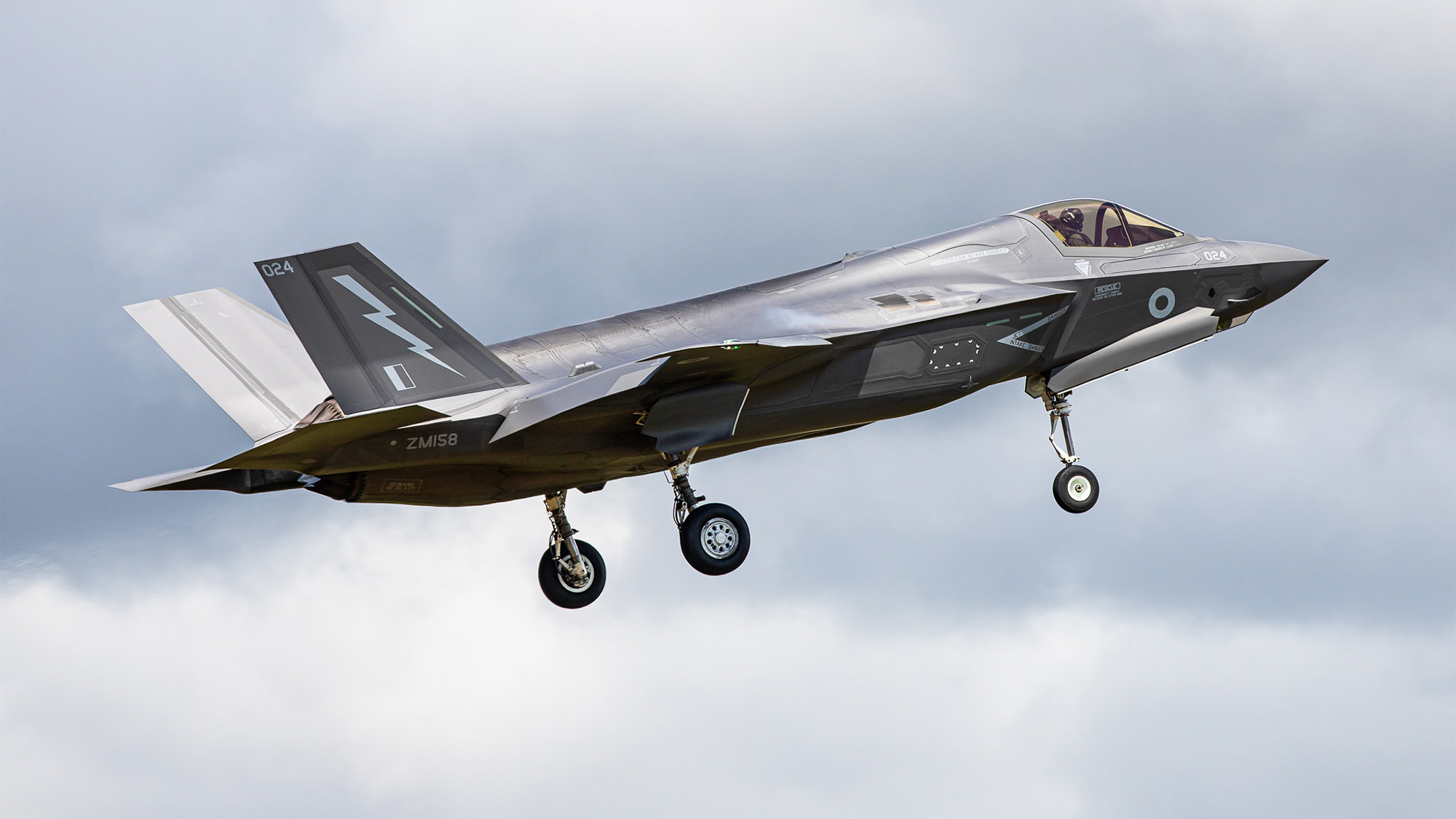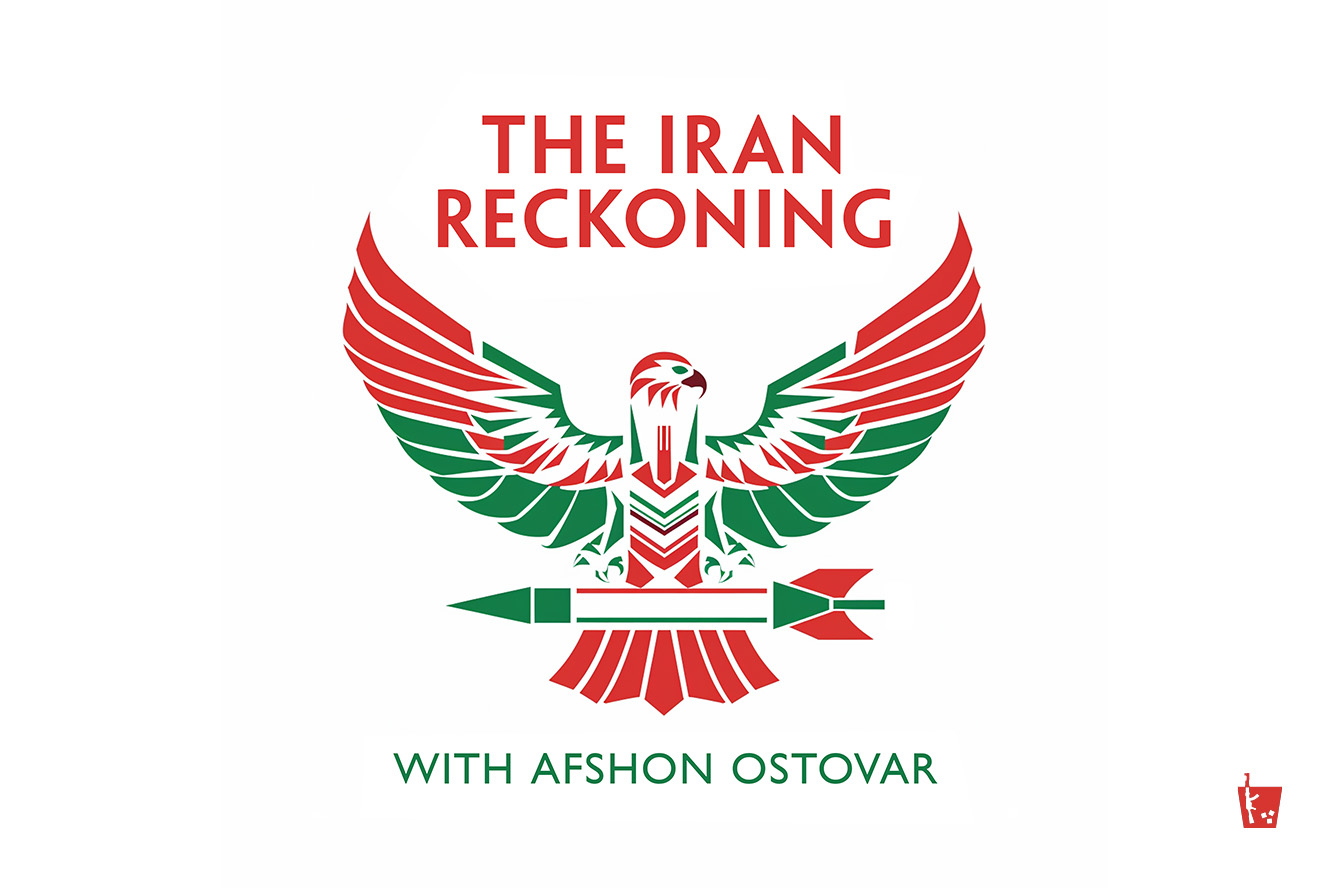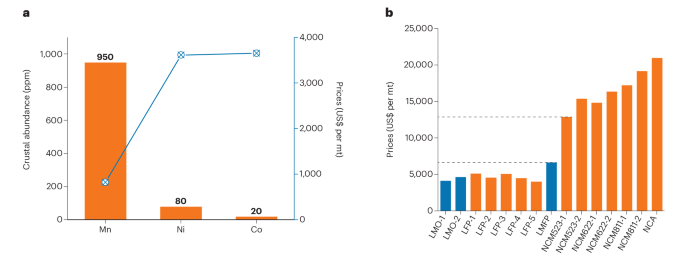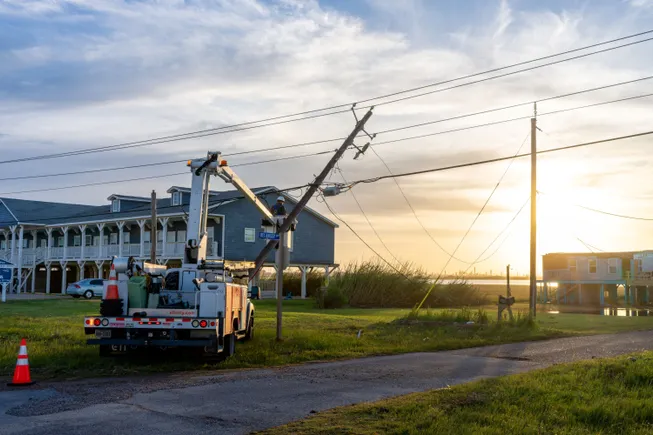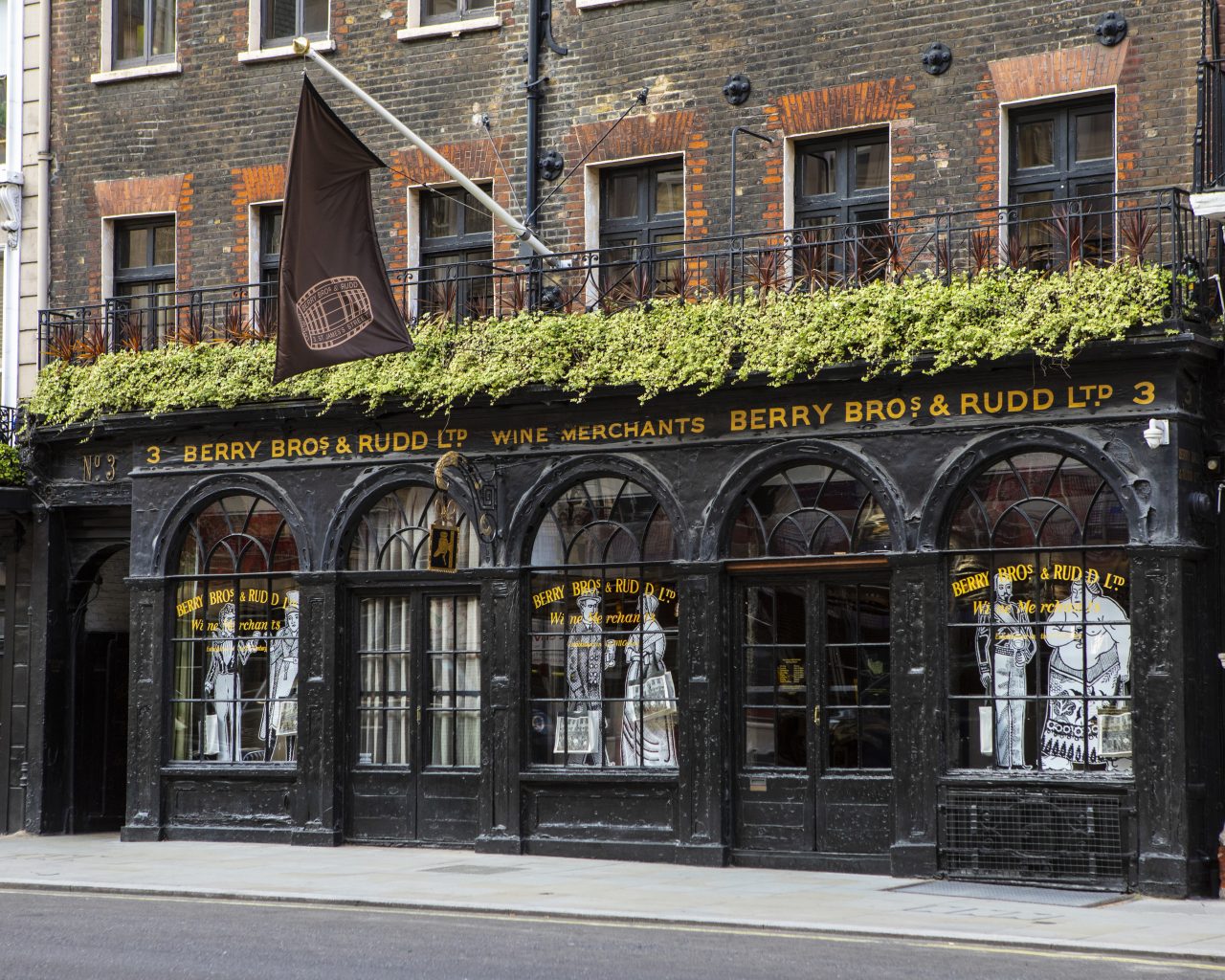Vinarchy has acquired two prominent South African wine brands, Flagstone and Kumala, furthering its strategic global expansion. The move follows its recent takeover of Pernod Ricard’s still wine portfolio and signals continued momentum for the Australia-based group.

Hard on the heels of taking over Pernod Ricard’s still wine portfolio, Vinarchy has reinforced its global intentions by taking over two South African brands, Flagstone and Kumala, for an undisclosed sum.
The Australian group, which is moving its headquarters to Adelaide, was formerly known as Accolade. It was bought out of effective bankruptcy two years ago by a consortium of international backers led by global investment house
Bain & Co.
Kumala’s wines are produced in several key areas within the Western Cape, such as Olifants River, Paarl, Stellenbosch and Worcester.
Flagstone, based at Somerset West, occupies the site of a former De Beers dynamite factory.
An expanding international brand portfolio
They join a vast stable of brands including Jacob's Creek, Hardys, St Hugo Petaluma, and Orlando from Australia; Brancott Estate, Stoneleigh, Church Road and Mud House from New Zealand; and Campo Viejo, Ysios, Tarsus and Azpilicueta from Spain.
“South African wine is an important category for our retail customers, particularly in Europe and the UK,” said Ben Clarke, Vinarchy’s executive chair. “Flagstone and Kumala cater to that market. Our brands will continue to have their own identities under Vinarchy, with the benefit of being part of a global network.”
“Through our global distribution network, we are incredibly proud to share our wines in almost every corner of the world,”
Clarke said in an interview. “Our portfolio has something to offer everyone and every hip pocket, from premium fine wine to some of the world’s most popular global brands.”
Streamlining through brand consolidation
A few days ago, however, Clarke said that Vinarchy intended to cull some of its labels, possibly up to about 50 in Australia, to streamline the business and make it more efficient.
Economics also comes into play with the South African wineries. Compared to Australia, Europe or the US, South Africa is cheap to farm,
“Labour accounts for 60% of any vineyard’s operating costs, and in the South African context, we have sufficient labour,” says Dr Erna Blancquaert, a lecturer at Stellenbosch University.
“In Australia, labour is very expensive, and it has resulted in producers looking at mechanisation.”

 Hard on the heels of taking over Pernod Ricard’s still wine portfolio, Vinarchy has reinforced its global intentions by taking over two South African brands, Flagstone and Kumala, for an undisclosed sum.
The Australian group, which is moving its headquarters to Adelaide, was formerly known as Accolade. It was bought out of effective bankruptcy two years ago by a consortium of international backers led by global investment house Bain & Co.
Kumala’s wines are produced in several key areas within the Western Cape, such as Olifants River, Paarl, Stellenbosch and Worcester.
Flagstone, based at Somerset West, occupies the site of a former De Beers dynamite factory.
Hard on the heels of taking over Pernod Ricard’s still wine portfolio, Vinarchy has reinforced its global intentions by taking over two South African brands, Flagstone and Kumala, for an undisclosed sum.
The Australian group, which is moving its headquarters to Adelaide, was formerly known as Accolade. It was bought out of effective bankruptcy two years ago by a consortium of international backers led by global investment house Bain & Co.
Kumala’s wines are produced in several key areas within the Western Cape, such as Olifants River, Paarl, Stellenbosch and Worcester.
Flagstone, based at Somerset West, occupies the site of a former De Beers dynamite factory.























